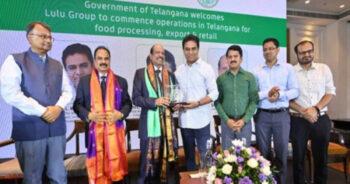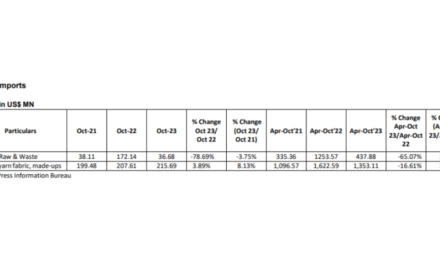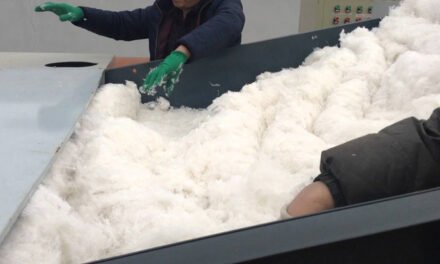 LuLu Group, the UAE-based aggregate, is wandering into Telangana with mammoth investment plans across India’s retail and agriculture industry. Recently in Hyderabad, IT Minister KT Rama Rao provided insight into the upcoming plans for this collaboration.
LuLu Group, the UAE-based aggregate, is wandering into Telangana with mammoth investment plans across India’s retail and agriculture industry. Recently in Hyderabad, IT Minister KT Rama Rao provided insight into the upcoming plans for this collaboration.
LuLu Group Chairman and MD M.A. Yusuff Ali attended the conference; Adhar Sinha, Telangana’s Special Chief Secretary; E.V. Narasimha Reddy, MD, Telangana Modern Foundation, and different dignitaries featured this new turn of events, which occurred after an MoU was endorsed by the gathering and the province of Telangana at the World Financial Discussion, Davos last year.
The chairman of the LuLu Group also announced a number of projects, beginning with the rebranding and opening of LuLu Mall, which will feature a 200,000 square foot LuLu Hypermarket. In addition, the retail giant will make investments in fishing, food processing, meat processing, destination retail, and a total of Rs 3,500 crore in the state.
“In just four years, we have finished the world’s largest lift irrigation project at Kaleshwaram, irrigating 90 lakh hectares of land for two crop cycles annually. This has extended farming creation from 68 lakh metric lots of paddy rice in 2014 to 3.5 crore metric tons, making Telangana the biggest paddy maker in India,” Rama Rao explained.
According to Rama Rao, Telangana is about to embark on a five-pronged revolution in agriculture, aquaculture, dairy, livestock, and edible oil production, which will support livelihoods and improve the state’s economy. The 378-acre-wide aqua hub in the Rajanna Sircilla district of Telangana will make it possible to export fish, and the government’s Rs 11,000-crore sheep rearing program will give Telangana an export-ready and self-sufficient meat processing industry.
“In August, the state government will open a massive dairy plant with a capacity of 5 lakh liters per day and a budget of more than Rs 300 crore. Finally, we are ambitious about making India confident in edible oil production with an objective of oil palm production across 20 lakh sections of land in 5 years. This large number of unified areas will add to the farmers’ income and support rural livelihoods,” Rama Rao concluded.





















